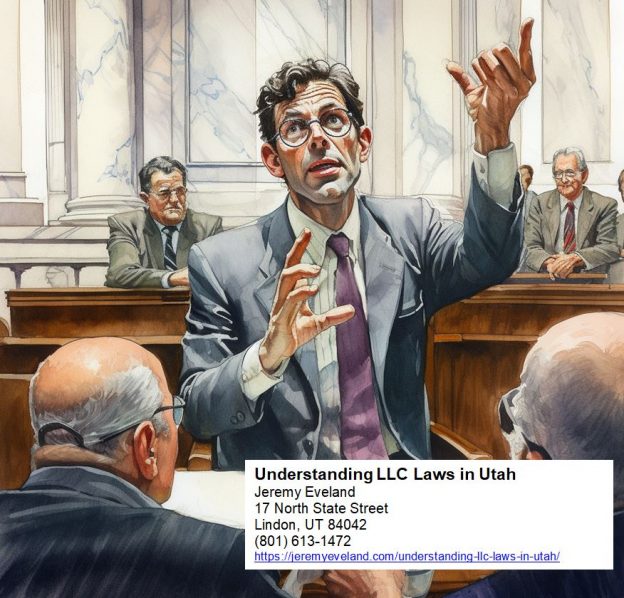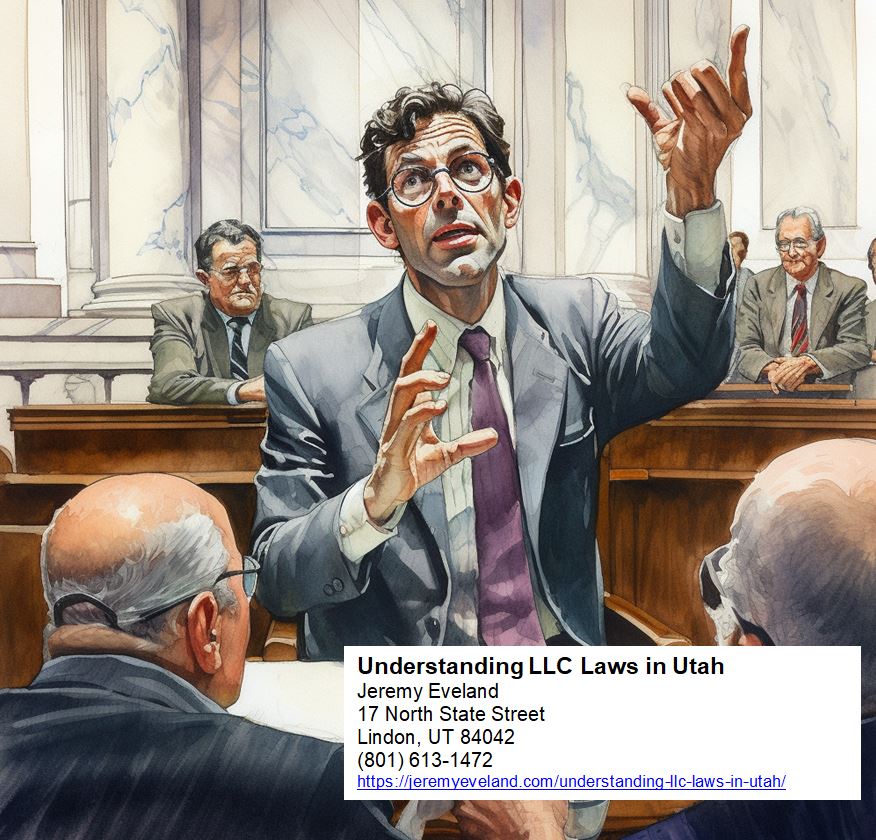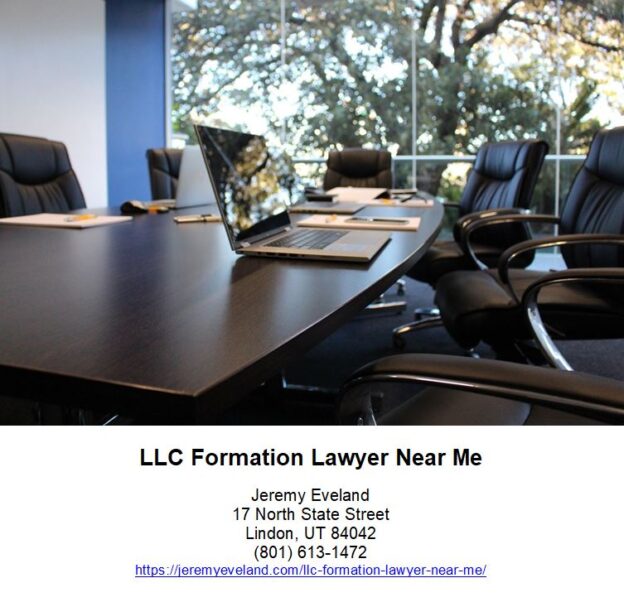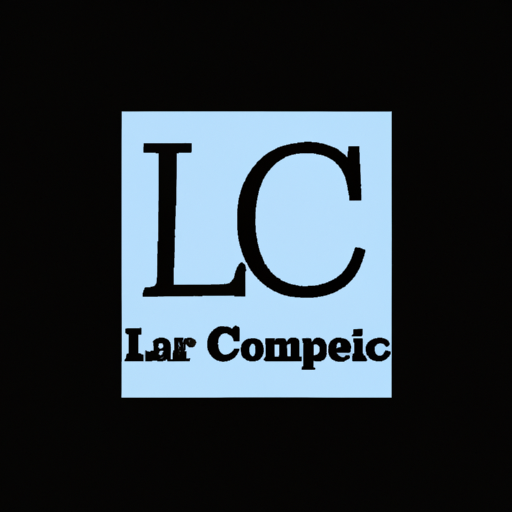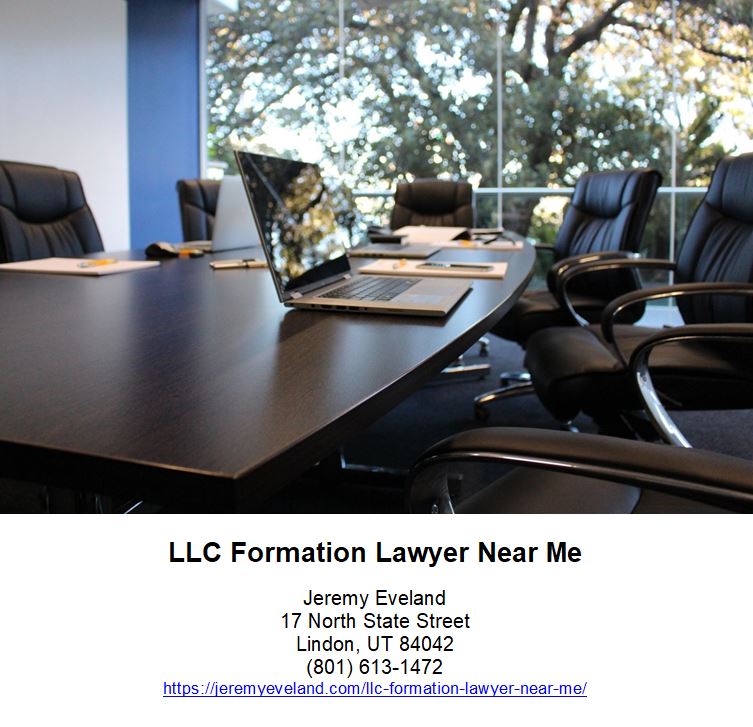Are you considering getting a prenuptial agreement but feel overwhelmed by the legalities? Look no further than “Prenups For Dummies” to simplify the process and provide you with the reassurance you need. This website aims to educate and guide you through the ins and outs of prenuptial agreements, offering vital information that will address your common concerns. With a friendly tone and a clear call-to-action, we want to connect with you emotionally and provide the necessary guidance to help you make informed decisions. So, let’s dive into the world of prenups together and ensure you have all the information you need to take the next step confidently.
What is a Prenuptial Agreement?
A prenuptial agreement, commonly known as a prenup, is a legal contract entered into by a couple before they get married or enter into a civil partnership. This agreement outlines the distribution of assets, debts, and other financial matters in the event of a divorce, separation, or death of one spouse. It is essentially a tool that allows couples to plan and protect their individual interests and avoid potential disputes in the future.
Definition
A prenuptial agreement is a legally binding contract that addresses the financial aspects of a marriage or civil partnership. It typically includes provisions on property division, spousal support, and other financial matters, which come into effect if the marriage ends.
Purpose
The primary purpose of a prenuptial agreement is to provide clarity and certainty regarding the division of assets and financial responsibilities in the event of a divorce or separation. It allows couples to establish their expectations and protect their separate property, ensuring a fair and equitable division of assets.
Basic Elements
A prenuptial agreement should include key elements such as:
- Identification of the Parties: Clearly state the full legal names of both partners.
- Assets and Debts: List all assets, including bank accounts, investments, real estate, and debts, along with their respective values.
- Property Division: Specify how marital property will be divided in the event of a divorce or separation.
- Spousal Support: Outline whether either party will receive financial support from the other in the event of a separation or divorce.
- Child Custody and Support: Address child custody and support arrangements, if applicable.
- Governing Law: Determine the jurisdiction and laws that will apply to the agreement.
Benefits of Having a Prenup
A prenuptial agreement offers numerous benefits for couples considering marriage or a civil partnership. Let’s explore some of the key advantages:
Protecting Separate Property
One of the most significant benefits of a prenup is the ability to safeguard your separate property. This includes assets acquired before the marriage, inheritances, and gifts. Without a prenup, these assets may become part of the marital property, subject to division during a divorce. With a prenup, you can ensure that your separate property remains yours in the event of a separation or divorce.

Defining Property Division
A prenuptial agreement allows couples to determine in advance how their assets and debts will be divided if their marriage ends. This can help alleviate disputes and uncertainties surrounding property division, providing a clear framework for asset distribution based on the terms agreed upon in the prenup.
Outlining Spousal Support
Spousal support, also known as alimony or maintenance, can be a contentious issue during divorce proceedings. By including provisions for spousal support in a prenuptial agreement, couples can establish fair and reasonable arrangements in advance. This can help prevent lengthy legal battles and provide financial security for both parties.
When Should You Consider a Prenup?
While a prenuptial agreement is not necessary for every couple, there are certain situations where it is highly recommended. Consider the following scenarios when deciding whether a prenup is right for you:
High Net Worth Individuals
If you or your partner have significant individual assets, a prenup can help protect those assets in the event of a divorce. High net worth individuals often have complex financial portfolios that they want to safeguard, making a prenup an essential tool for asset protection and division.
Business Owners
For individuals who own a business or are partners in a business, a prenup can help protect the business assets and ensure its continuity in the event of a divorce. It can outline how the business will be valued and divided, helping to prevent disruptions and disagreements that could harm the business’s operations.

Those with Significant Debts
If either you or your partner has substantial debts, a prenuptial agreement can help protect each party from assuming the other’s debt in case of divorce. By clearly specifying the division of debts, a prenup can provide financial security and peace of mind.
How to Discuss a Prenup with Your Partner
Bringing up the topic of a prenuptial agreement can be sensitive, but it is important to have open and honest communication with your partner. Here are some tips for approaching the conversation:
Choose the Right Time
Select a time when both you and your partner are relaxed and have time to discuss the matter without distractions. Avoid bringing up the topic in the midst of an argument or during a stressful period.
Approach the Topic with Sensitivity
Emphasize that a prenuptial agreement is not a reflection of your lack of faith in the relationship, but rather a practical step to protect both parties. Emphasize that it is an opportunity to discuss and plan for the future, ensuring financial security and clarity.
Consider Seeking Professional Help
If you anticipate resistance or difficulty in discussing a prenup, it may be beneficial to enlist the help of a professional mediator or therapist. A neutral third party can help facilitate the conversation and ensure both parties feel heard and understood.
Important Factors to Include in Your Prenup
When preparing a prenuptial agreement, it is crucial to address key factors that will impact your financial future. Consider including the following provisions:
Assets and Debts
Clearly identify all current and future assets as well as debts that each party possesses at the time of signing the agreement. This can help prevent disputes regarding ownership and division during a divorce.
Property Division
Specify how marital property will be divided if the marriage ends. Consider factors such as contributions to the acquisition of assets, the length of the marriage, and any special circumstances that warrant a different division of property.
Spousal Support
Outline provisions for spousal support, if applicable. This can include the duration, amount, and circumstances under which support may be granted. Consider factors such as the standard of living during the marriage and the earning potential of each spouse.
Child Custody and Support
If you have children or plan to have children in the future, it is essential to include provisions for child custody and support in your prenuptial agreement. Clearly define the rights, responsibilities, and financial obligations of each parent to ensure the best interests of the child are protected.
Drafting and Enforcing a Prenuptial Agreement
To ensure the effectiveness and enforceability of your prenuptial agreement, consider the following steps:

Consulting an Attorney
It is essential to consult with an experienced family law attorney who specializes in prenuptial agreements. They can guide you through the process, ensure compliance with relevant laws, and draft an agreement tailored to your specific needs.
Full Disclosure of Finances
Both parties must provide full and honest disclosure of their financial situation when preparing the prenup. Failing to disclose assets or debts can jeopardize the validity of the agreement and lead to future legal challenges.
Negotiating and Reviewing the Agreement
Once the initial draft of the prenuptial agreement is prepared, both parties should review it with their respective attorneys. This allows for negotiation and clarification of terms to ensure both parties feel comfortable with the agreement’s contents. Once finalized, the agreement must be signed by both parties and any necessary witnesses.
Challenges to Prenups and How to Address Them
Prenuptial agreements may face challenges when it comes to their enforceability. Some common issues include:
Unconscionability
If a court determines that a prenup is unconscionable, it may deem the agreement unfair or against public policy. It is crucial to ensure that the terms of the prenup are fair and reasonable at the time of signing. Working with an experienced attorney can help ensure that your agreement meets legal standards.
Lack of Voluntary Consent
For a prenuptial agreement to be valid, both parties must enter into it voluntarily and without coercion. If one party can demonstrate that they signed the agreement under duress, it may be deemed invalid. To address this challenge, ensure that both parties have sufficient time to review and consider the agreement, without any undue pressure.
Incomplete or Invalid Terms
If a prenuptial agreement contains ambiguous terms or fails to address crucial issues, it may be challenged in court. It is important to ensure that the agreement is comprehensive, clear, and covers all relevant aspects. Working with an experienced attorney can help identify potential issues and ensure the validity of your prenup.
Steps to Take to Ensure the Validity of Your Prenup
To enhance the enforceability and validity of your prenuptial agreement, consider taking the following steps:
Have Independent Legal Representation
Each party should have their own attorney to ensure that their rights and interests are protected. This helps prevent conflicts of interest and strengthens the validity of the agreement.
Make the Agreement Well in Advance
It is essential to draft and sign the prenup well in advance of the wedding or civil partnership ceremony. This allows both parties sufficient time to review, negotiate, and make any necessary changes. Presenting a prenup shortly before the wedding may raise questions regarding voluntary consent and fairness.
Meticulously Document the Process
Keep a record of all communication regarding the prenuptial agreement, including emails, letters, and meeting minutes. This documentation can serve as evidence that both parties entered into the agreement voluntarily and with full understanding.
Modifying or Revoking a Prenuptial Agreement
It is possible to modify or revoke a prenuptial agreement under certain circumstances. Consider the following options:
Mutual Agreement
If both parties agree to modify or revoke certain provisions of the prenup, they can create a new agreement reflecting the desired changes. It is crucial to ensure that both parties approach this process voluntarily and with full understanding.
Court Approval
In some cases, a party may seek court approval to modify or revoke certain terms of a prenuptial agreement. This typically occurs if there has been a significant change in circumstances or if a provision of the prenup is deemed unenforceable or unfair.
Revocation upon Divorce
Unless otherwise specified in the agreement, a prenuptial agreement is typically rendered void upon divorce. However, it is important to consult with an attorney to fully understand the implications of revocation and any potential legal consequences.
Frequently Asked Questions
Can a Prenuptial Agreement be Changed After Marriage?
Yes, a prenuptial agreement can be amended or modified after marriage if both parties agree to the changes. However, it is important to follow the proper legal procedures to ensure the validity and enforceability of any modifications.
Can a Prenup Address Child Custody and Support?
Yes, a prenuptial agreement can include provisions for child custody and support. However, it is crucial to consult with an attorney to ensure that these provisions comply with the applicable laws and protect the best interests of the child.
What Happens to the Prenup in the Event of Death?
In the event of a spouse’s death, a prenuptial agreement may still be enforceable. However, it is important to consult with an attorney to understand the specific laws and regulations regarding the distribution of assets and other matters upon death.









